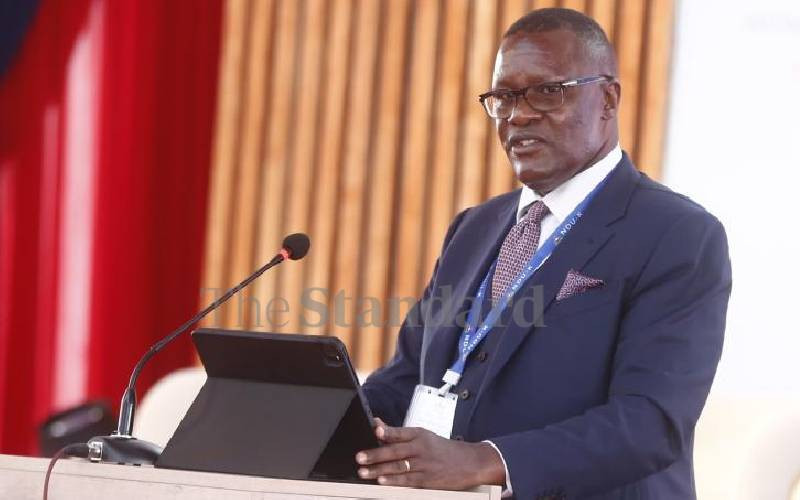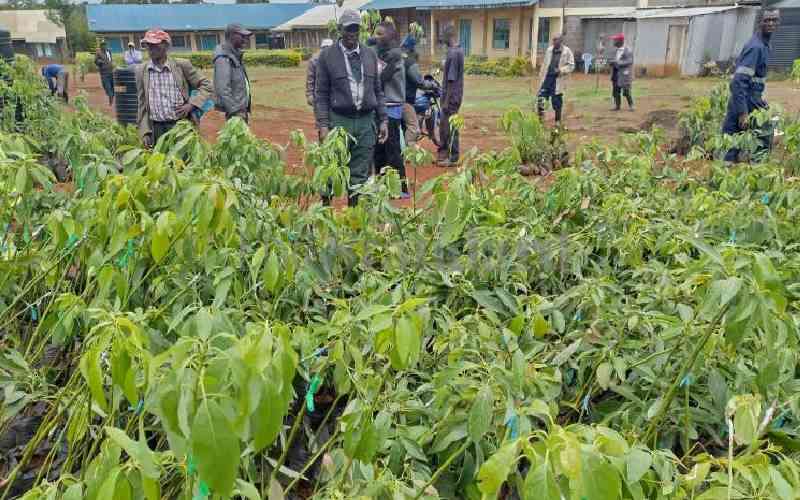Phones are dodgy, mobiles are dead and the internet is frozen.
But the blackout imposed after last week’s military takeover is not stopping Sudanese citizens from talking to each other and the outside world, using international SIM cards, relatives and the wider diaspora to relay critical information.
Since the army takeover on October 25, citizens in the north African nation have reported disruptions to phone and internet, with mobile internet services completely unavailable except for a brief period on October 26.
Internet freedom monitor Netblocks said the disruptions persisted on Thursday, 11 days post-coup, calling the network disruptions consistent with an internet shutdown. Digital rights groups said it was a deliberate attempt by the military to keep citizens—and the rest of the world—in the dark during the seizure of power, citing a previous internet shutdown when protesters was killed.
The shutdown has also choked e-commerce, an area of hope in an economy that has been pummeled by politics and pandemic.
“People across Sudan have not been able to access the most basic of online services—such as sending or receiving money, or communicating with family and loved ones—and are quite possibly missing out on life-saving information,” said Felicia Anthonio, campaigner and #KeepItOn lead at Access Now.
“Without the internet, however, the world doesn’t know the full extent of what’s happening in Sudan, so we can’t say to what level lives are being crushed — what are the human rights violations, how many protesters have been killed?”
Thousands have taken to the streets to oppose the takeover led by General Abdel Fattah al-Burhan, resulting in confrontations between soldiers and anti-coup protesters. At least 11 people have died, according to a committee of doctors that tracks the violence.
This is not the first time Sudan has imposed internet restrictions - including shutdowns and social media limitations - in the face of political turmoil. During protests in 2018/2019, access to major social media platforms was cut for 68 days.
A more extensive mobile internet shutdown left Sudan offline for 36 days from June 2019 after security forces carried out a raid on pro-democracy protesters, killing more than 100 people. Human rights groups fear the renewed shutdown is a warning that violence against demonstrators might soon follow.
Staying connected
The United Nations and foreign governments have called on Sudan’s military to restore internet services immediately. The army leadership has made no comment on the shutdown. But having learnt lessons from past disruptions, Sudanese citizens are fighting back so as to stay connected. These include using roaming services on international SIM cards sent from overseas, as well as deploying motorbike messengers to relay information from one area to another.
Neighbourhood-based resistance committees are also moving door to door, sharing the whereabouts of security forces, advising on safety, and distributing flyers about protests. With international calls easier to connect than domestic calls for many citizens, Sudanese nationals living in the diaspora have also played a vital role.
Feeling isolated
“People are feeling very isolated. They don’t know what is going on and if their loved ones are safe or not. It’s really frightening,” said Hamid Khalafallah, a Sudanese human rights activist living in Italy.
Stay informed. Subscribe to our newsletter
“So people living overseas like myself are relaying information. I’ve been calling my extended family and then passing on their messages to other relatives,” he said.
DataReportal says there are almost 14 million internet users in Sudan—about 30 per cent of the country’s 44 million population.
Many are reliant on mobile internet service for their daily activities—not only for information and chat, but to transfer money and earn an income—from gig workers such as drivers with ride-hailing apps to cloud kitchen entrepreneurs.
Digital privacy group Top10VPN.com estimates the current shutdown has so far cost the country nearly $43 million—and that is just the economic price paid.
 The Standard Group Plc is a
multi-media organization with investments in media platforms spanning newspaper
print operations, television, radio broadcasting, digital and online services. The
Standard Group is recognized as a leading multi-media house in Kenya with a key
influence in matters of national and international interest.
The Standard Group Plc is a
multi-media organization with investments in media platforms spanning newspaper
print operations, television, radio broadcasting, digital and online services. The
Standard Group is recognized as a leading multi-media house in Kenya with a key
influence in matters of national and international interest.
 The Standard Group Plc is a
multi-media organization with investments in media platforms spanning newspaper
print operations, television, radio broadcasting, digital and online services. The
Standard Group is recognized as a leading multi-media house in Kenya with a key
influence in matters of national and international interest.
The Standard Group Plc is a
multi-media organization with investments in media platforms spanning newspaper
print operations, television, radio broadcasting, digital and online services. The
Standard Group is recognized as a leading multi-media house in Kenya with a key
influence in matters of national and international interest.








